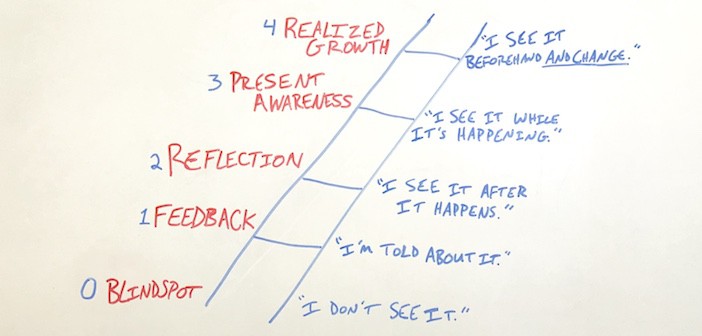When I was in college, my friends wanted to play a doubles tennis match with only three people. I drew the short straw and played solo against the other two. As you can imagine, I finished exhausted and miserably defeated. No matter the task, we end up feeling the same way every time we try to play a team sport by ourselves. We were not created to work alone nor do we truly have the abilities to do so well. (1 Cor. 12:21)
.
But many of us have joined the one-man team on valuable projects within our churches. In many situations it seemed to be the only option. We may have lacked individuals with relevant skills, the humility to admit that we were not skilled enough, or the time required to get others involved. Recognizing those barriers can help us get further with others:
1. Unavailable Talent
Sometimes you need a certain set of skills unpossessed by anyone on your staff. This is most likely to happen when you are beginning a new project or program in your church. If it has never been done, the talent has never been needed and so is unavailable. Nonetheless, the right talent is necessary to your project regardless of its immediate availability. Consider seeking out the following substitutes:
.
Crossover talent: Some individuals in your congregation may have talent that is not directly related to your project but complimentary in some way. For example, if your need for a graphic artist cannot be met, consider a photographer with an eye for visual excellence. You may still have to create the design yourself to the best of your abilities. But your work will be better with the sounding board of someone who knows “great” when she sees it. Whatever your missing talent, look for someone with a crossover talent.
.
Underdeveloped talent: When the quality of skill you need is unavailable, consider someone who is working to develop that skill. Will you sacrifice quality? The quick answer is “yes” but the right answer is “no”. Bringing in a person who desires to develop the necessary skill contributes passion to areas of the project that you likely find draining. Additionally, utilizing underdeveloped talent creates learning experiences for an individual who could grow to become a key team member on future projects.
.
Contracted talent: If the budget permits, contracting work can be a great way to add a key player to your team without the long-term overhead of a staff member. However, strongly consider crossover and underdeveloped talent first. Investing in those individuals now will build a great team for the future.
2. Overconfidence
The developer of an idea tends to be its greatest believer. With high confidence, the involvement of others is resisted out of fear that their ideas will weaken the final product. But developing a team does not mean you must treat every idea equally. Collaboration leadership guides team results beyond individual results by identifying and combining the greatest ideas. If you are unsure about your ability to see beyond your own ideas, include a trusted advisor on the team to help you recognize when the ideas of others are stronger than your own. The outcome may be different than you first envisioned. But with proper leadership, it will always be better. Many times, resistance to the influence of others is a result of pride in one’s own work. When that is the case, take efforts to let go of self and release control. (Prov. 16:18)
3. Lack of Time
When you are staring at a deadline, it is difficult to pull a team together fast enough to tackle the project. The problem in those situations is rarely the deadline but the lack of previous planning. As soon as a project is identified, it is important to begin making a list of the individuals who could potentially contribute. Regardless of how much time you have, hold an initial meeting to brief everyone on the objective. Even if you do not begin working together immediately, briefing team members early gives them time to brainstorm and research creative ideas without the pressure of a deadline. Whatever the project, value the team enough to plan ahead.
.
God created each of us with unique gifts to be used in partnership with others. In what area of your work are you a one-man team? Which of the barriers are holding you back? Find the talent, release control, and form the team early for better outcomes.
.



